An automatic transmission is one of the most complex and expensive components in a modern car. It is designed to handle years of use, but neglect or bad habits can cut its life short. Replacements often cost thousands of dollars, making it critical to understand what behaviours put the most strain on this vital system. Many drivers do not realize that their daily routines may be slowly damaging their transmissions. Here are some of the most common mistakes that are destroying automatic transmissions.
Ignoring Fluid Changes
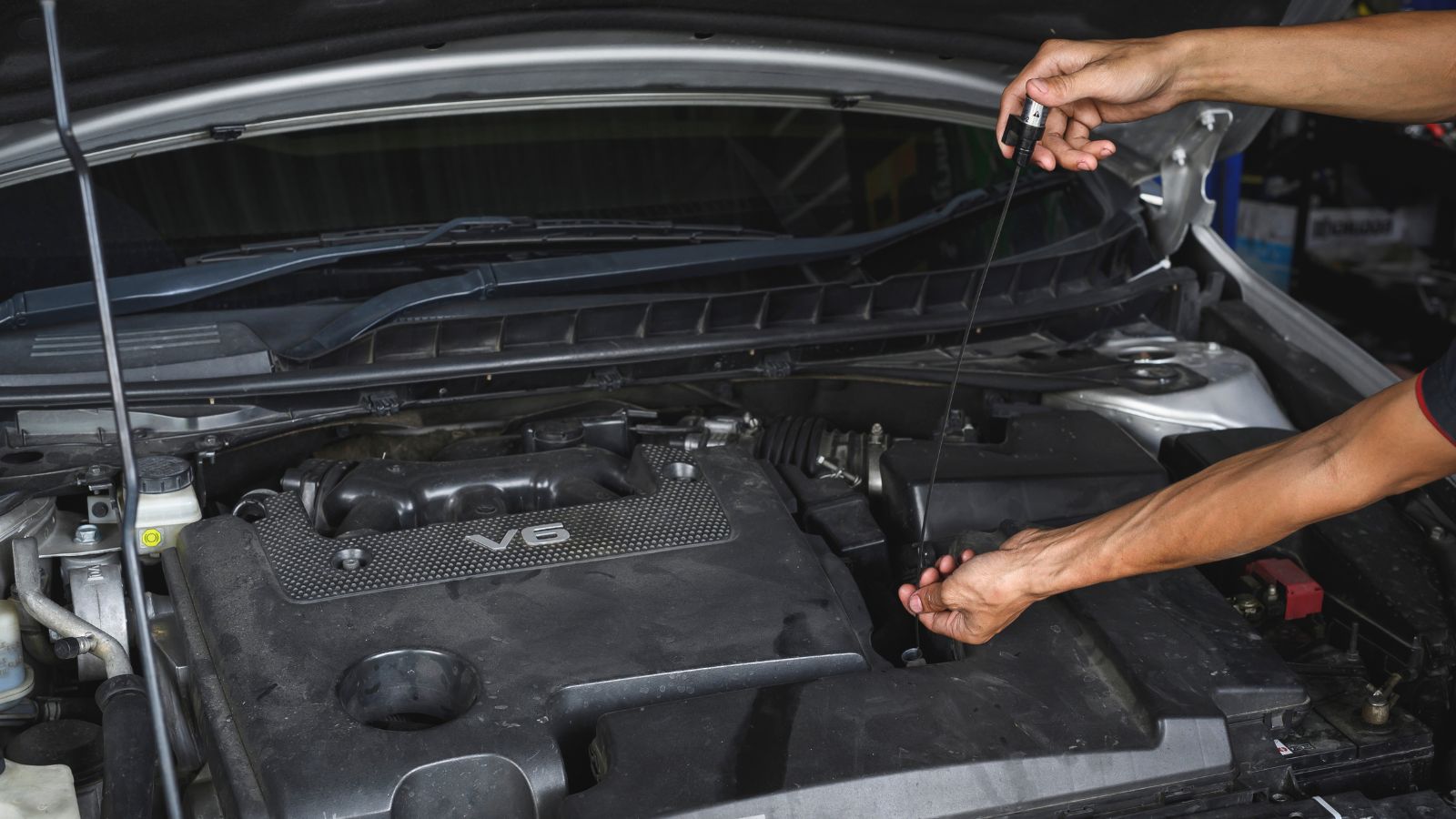
Transmission fluid lubricates moving parts, cools the system, and keeps shifts smooth. Over time it breaks down and becomes contaminated. Many owners mistakenly think the fluid lasts the life of the car, but most manufacturers recommend a change between 30,000 and 60,000 miles. Neglecting this can lead to overheating, slipping gears, and costly repairs.
Shifting While the Car Is Moving

Slamming the shifter from reverse to drive while the vehicle is still rolling is a shortcut that can destroy internal components. The transmission was never designed to handle sudden directional changes at speed. Even a low speed roll can cause damage to clutches and bands, eventually leading to failure.
Overheating the Transmission
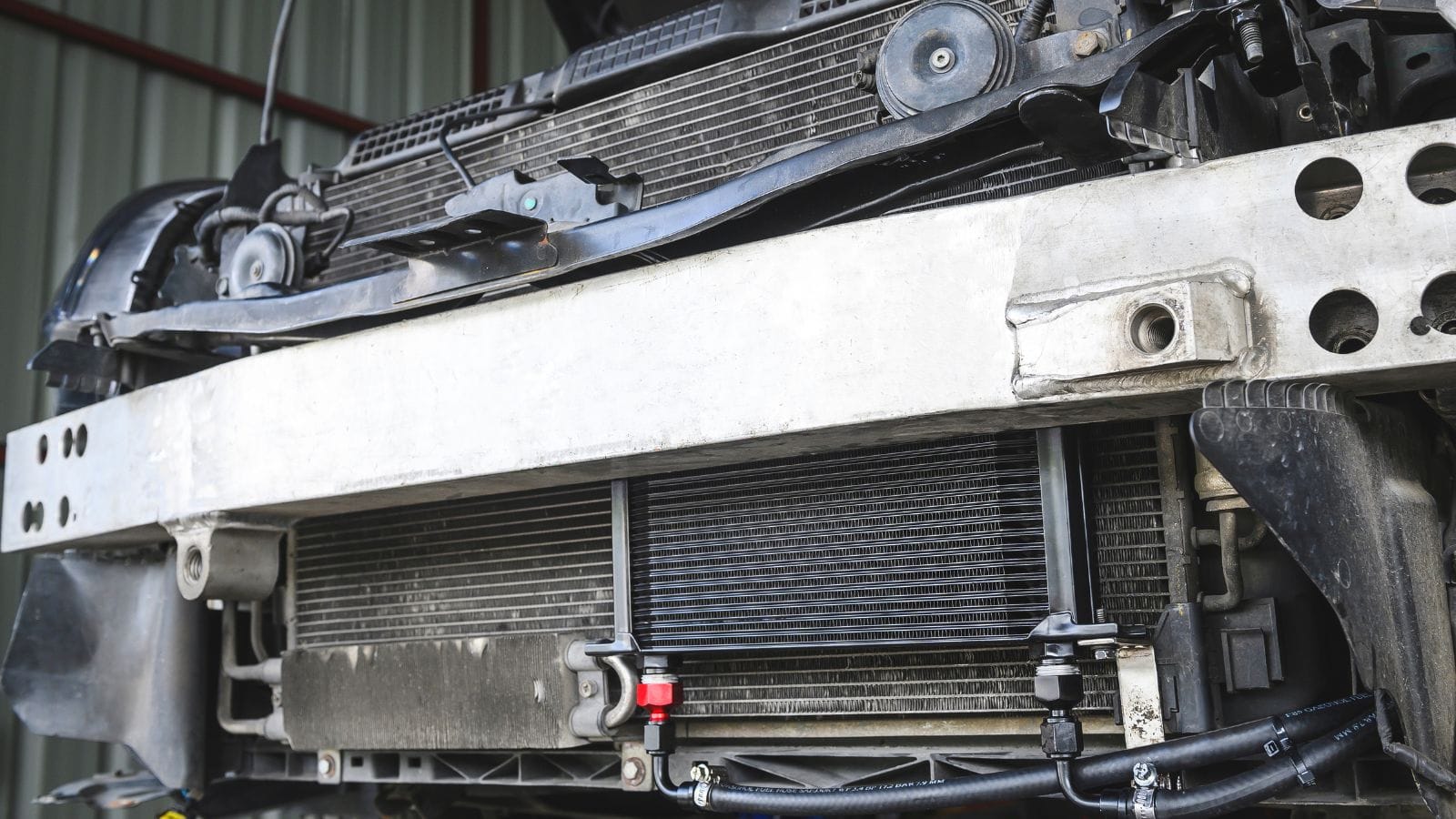
Heat is the number one killer of automatic transmissions. Towing beyond the vehicle’s rated capacity, driving with low fluid, or sitting in heavy traffic in extreme heat all raise transmission temperatures. Once fluid gets too hot, it loses its ability to lubricate, which accelerates wear. Installing a transmission cooler is often recommended for vehicles that tow regularly.
Driving on Low or Dirty Fluid
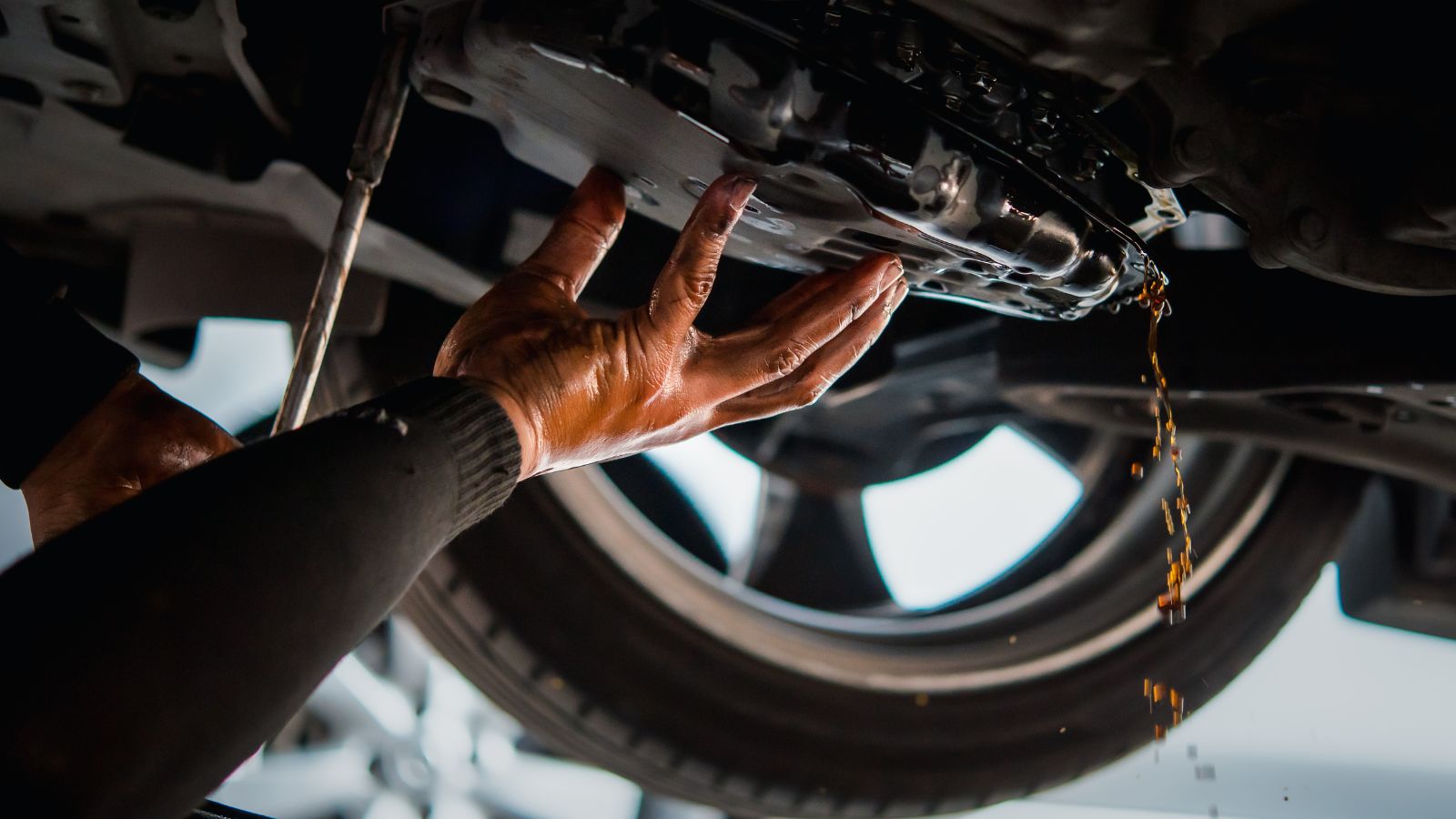
Checking transmission fluid is often overlooked, yet it is one of the simplest maintenance tasks. Low fluid means gears and clutches are not properly lubricated, while dirty fluid full of metal particles accelerates wear. Ignoring the warning signs, such as delayed shifting or slipping, only makes the repair bill higher.
Using the Wrong Fluid
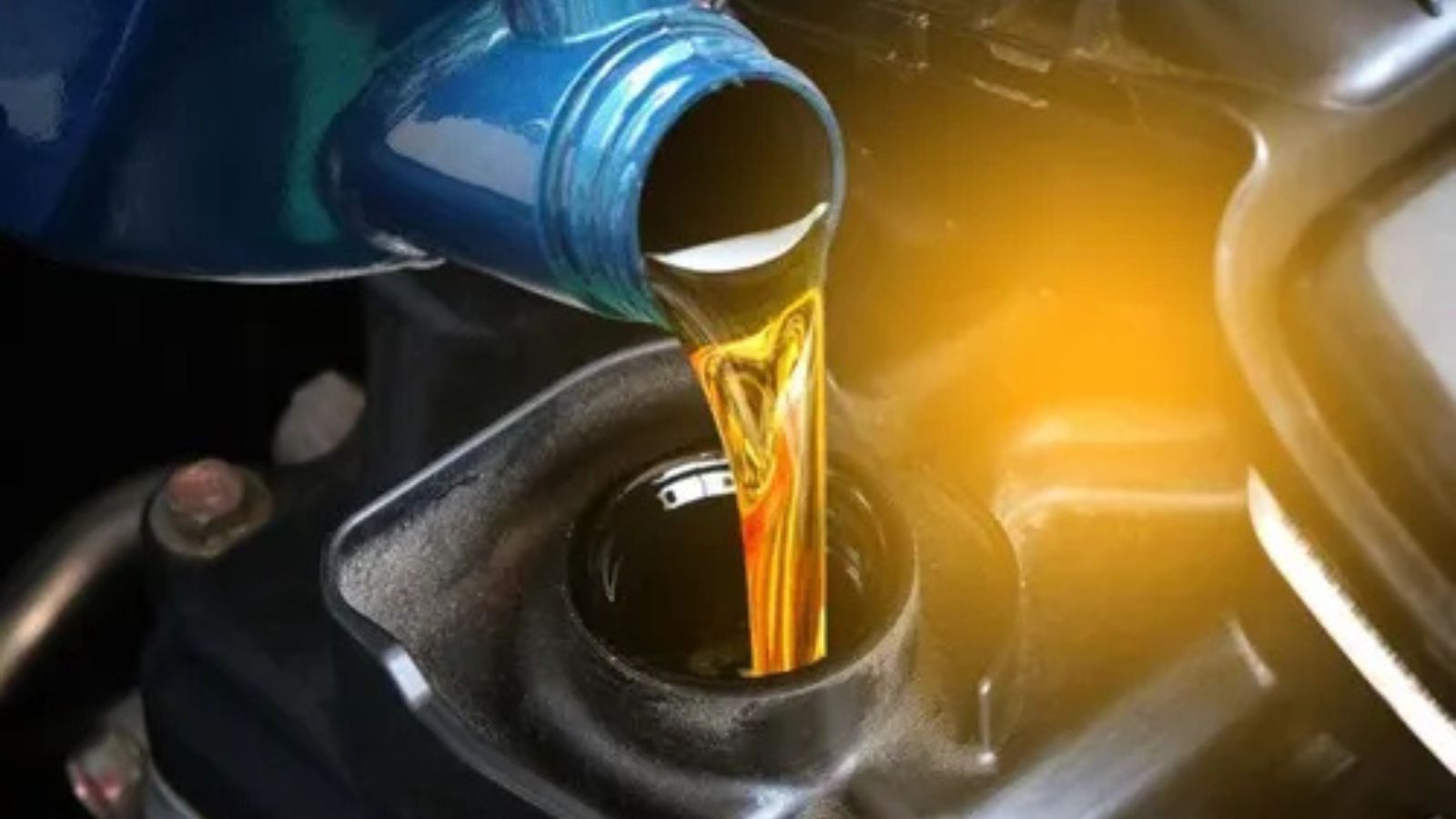
Not all transmission fluids are the same. Manufacturers engineer specific formulations with additives tailored to their systems. Using a generic fluid or the wrong type can cause poor shifting and premature wear. Always check the owner’s manual before adding or replacing fluid to avoid costly mistakes.
Resting Your Hand on the Shifter

In cars with traditional gear levers, some drivers keep their hand resting on the shifter. This small habit puts constant pressure on the internal shift linkage, causing unnecessary wear. It is better to keep both hands on the wheel and only touch the shifter when needed.
Ignoring Warning Lights
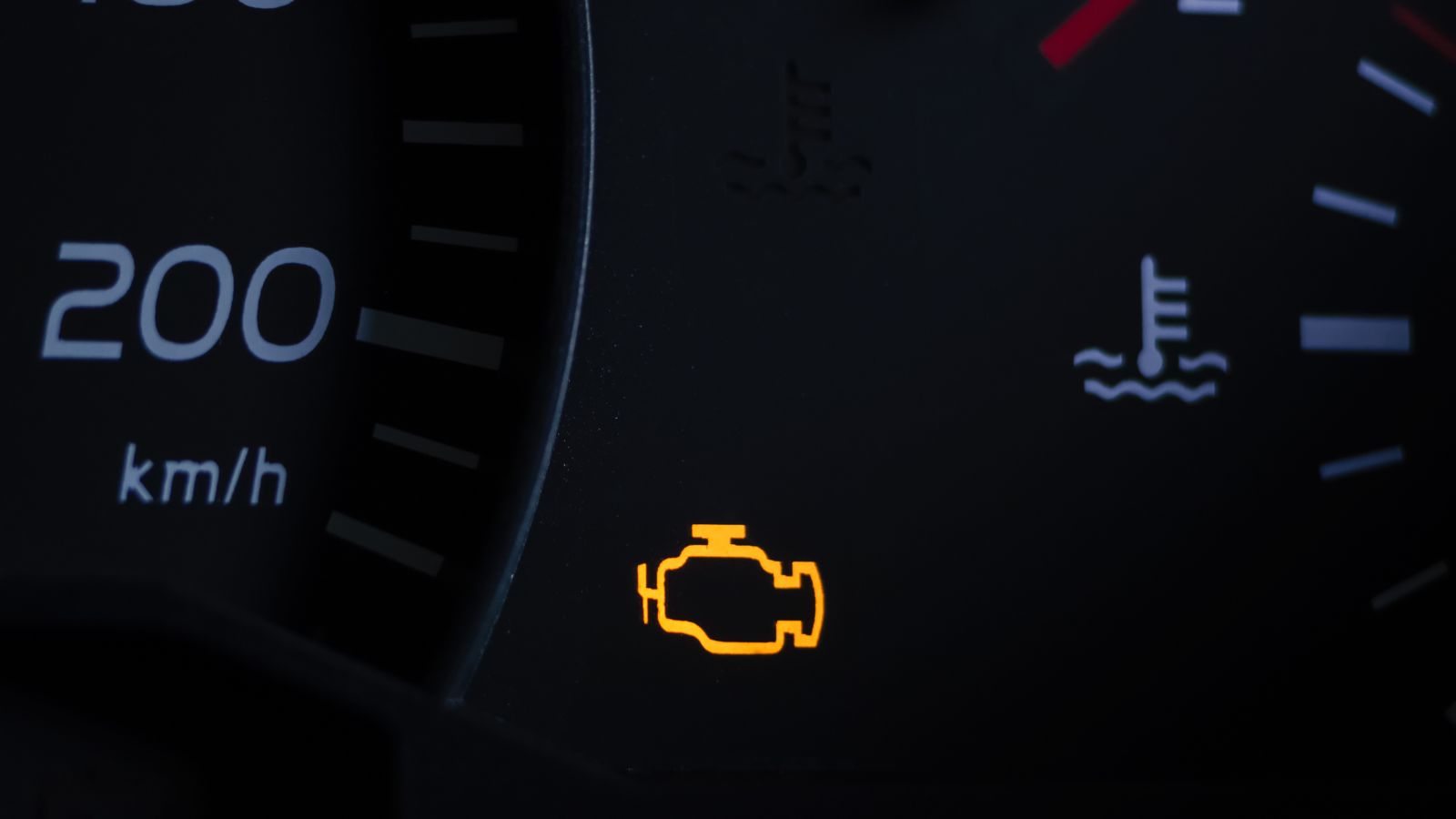
Modern cars often have a transmission warning light or will show a check engine light if the transmission control system detects an issue. Ignoring these alerts is one of the fastest ways to turn a small repair into a full rebuild. Early intervention can often save thousands of dollars.
Aggressive Driving Habits

Hard acceleration, sudden braking, and rapid gear changes put extra strain on an automatic transmission. While these systems are designed to handle everyday driving, treating them like a race car will shorten their life. Smooth and steady inputs not only protect the transmission but also improve fuel economy.
Not Warming Up in Cold Weather
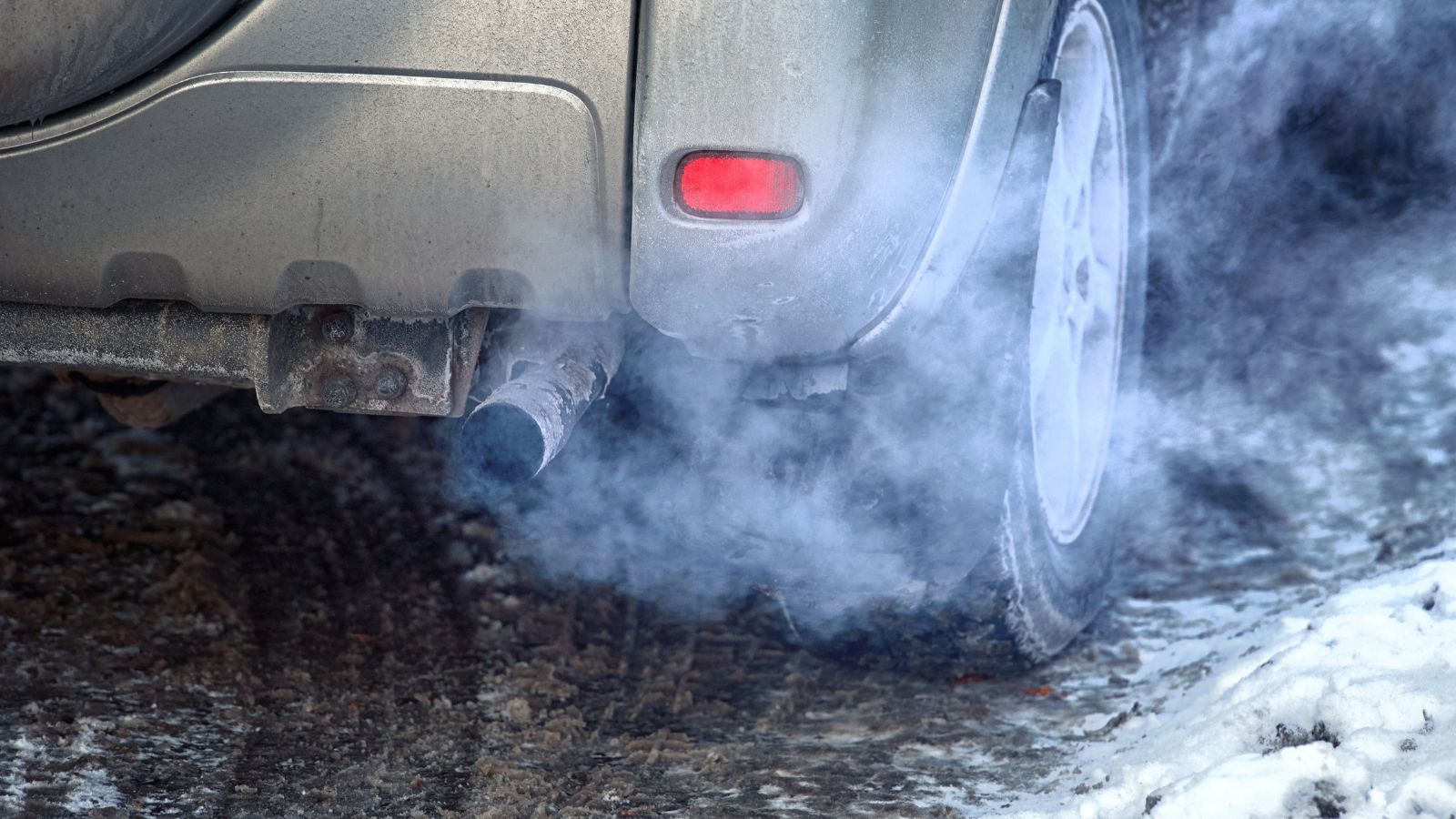
In very cold climates, transmission fluid thickens and flows poorly until the car warms up. Driving aggressively before the fluid circulates increases wear. Allowing the car to idle briefly or driving gently for the first few miles helps protect the system.
Ignoring Leaks
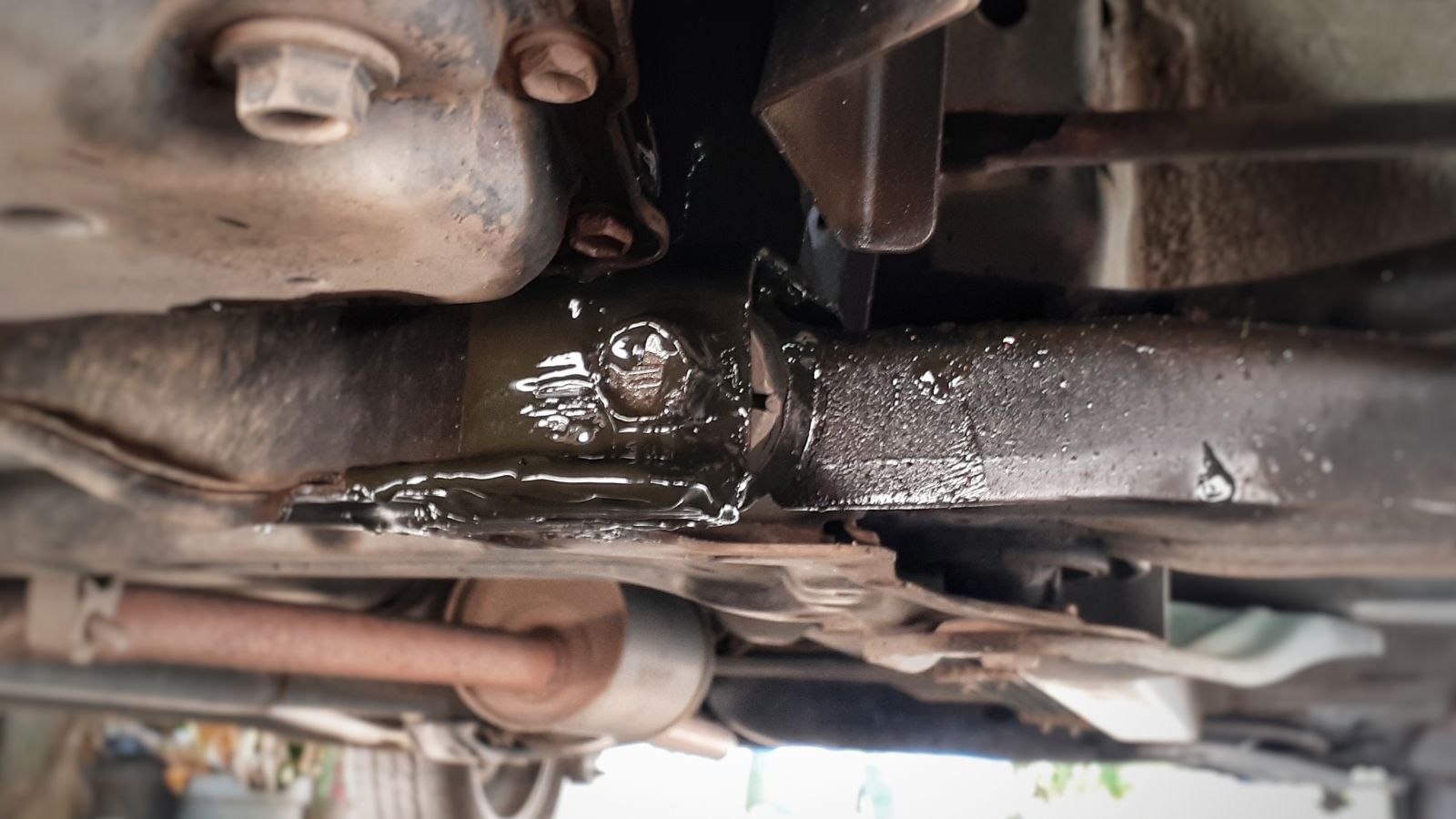
Transmission leaks often start small, with just a few drops under the car. Many drivers ignore them until the fluid level drops dangerously low. Even minor leaks should be checked and repaired quickly, as a loss of fluid is one of the most common causes of catastrophic transmission failure.
25 Facts About Car Loans That Most Drivers Don’t Realize

Car loans are one of the most common ways people fund car purchases. Like any other kind of loan, car loans can have certain features that can be regarded as an advantage or a disadvantage to the borrower. Understanding all essential facts about car loans and how they work to ensure that you get the best deal for your financial situation is essential. Here are 25 shocking facts about car loans that most drivers don’t realize:
25 Facts About Car Loans That Most Drivers Don’t Realize
